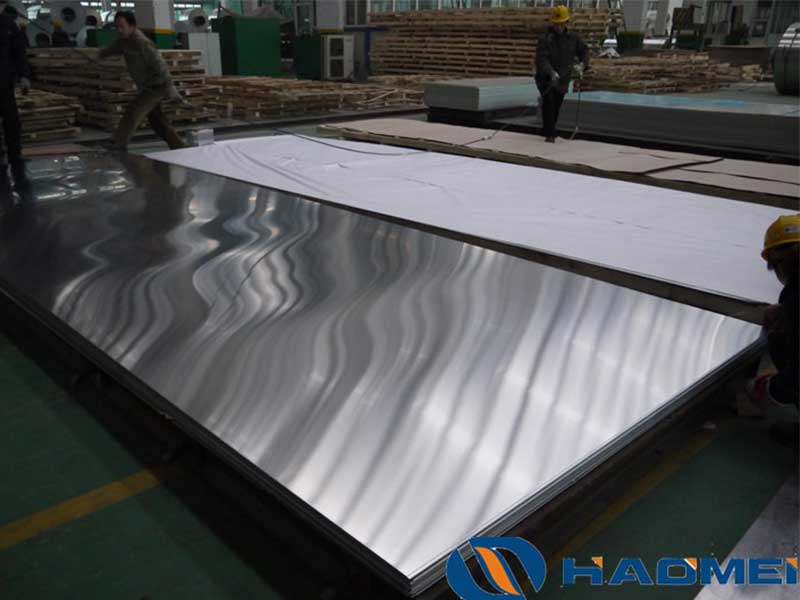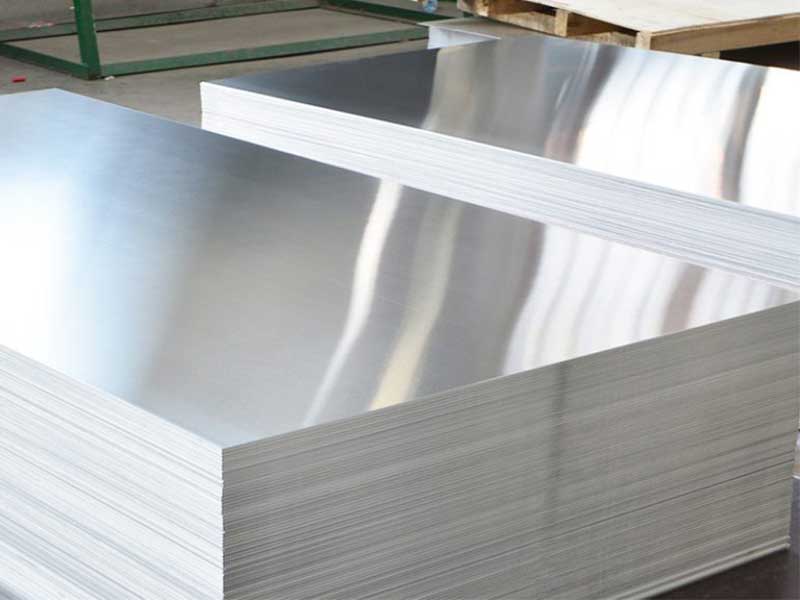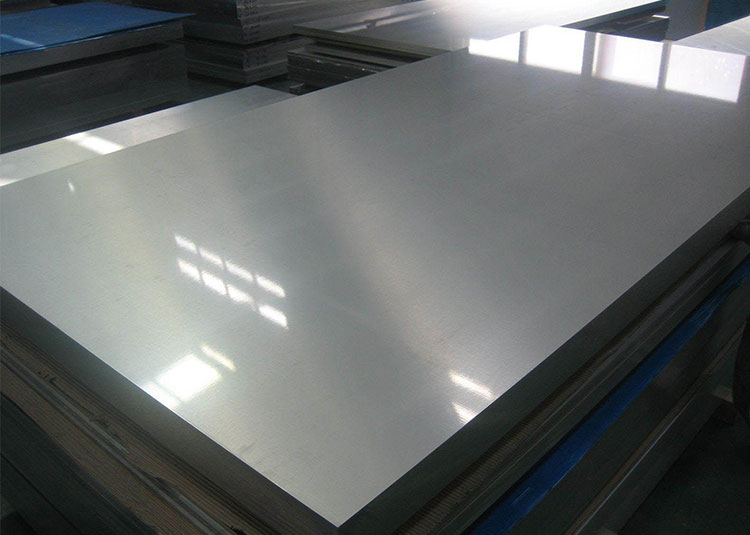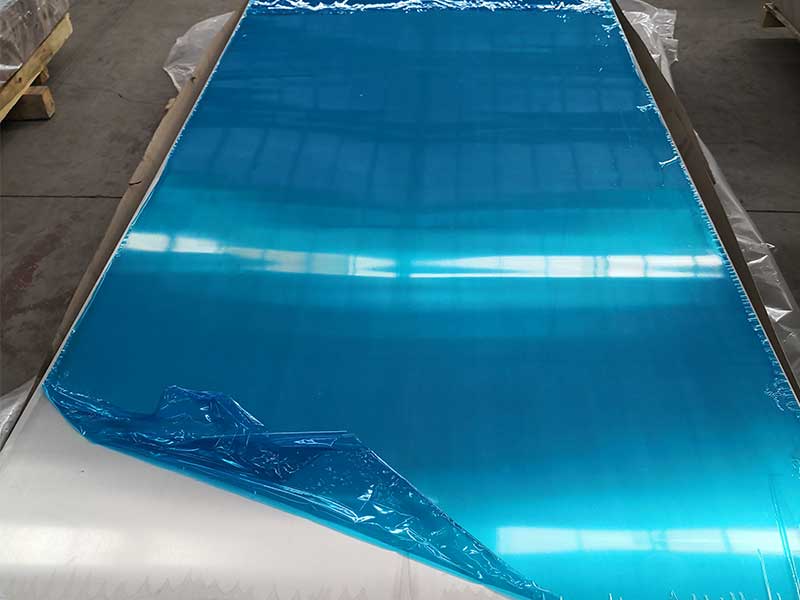When we think of aluminium, the first images often appear in packaging, transportation, or lightweight construction. However, in the intricate world of mould making, mould aluminium emerges as an indispensable material, prized for its unique blend of machinability, thermal conductivity, and dimensional stability.
What is Mould Aluminium?
Mould aluminium typically refers to specific aluminium alloys formulated and processed for creating high-precision moulds. These moulds are essential for products manufactured via injection moulding, blow molding, or die casting, holding the shape under demanding thermal and mechanical cycles.
Unlike standard structural aluminium, mould aluminium must satisfy stringent mechanical properties and excellent thermal conductivity. This ensures the mould can endure repetitive cycles without deformation and manage heat effectively to maintain part quality and reduce cooling times.
Traditionally, steel has been a preferred choice for moulds due to its strength and wear resistance. Yet, aluminium offers unrivaled thermal conductivity — around 5 to 8 times better than steel. This allows for more efficient cooling of injected plastics, shortening cycle times and boosting production efficiency. The challenge? Aluminium’s lower hardness and susceptibility to wear require selecting the right alloy and temper to strike a critical balance between machinability, thermal behaviour, and durability.
Alloy Standards and Tempering for Mould Aluminium
Mould aluminium alloys fall predominantly within the Aluminum Association (AA) 6xxx series, notable for their combination of strength and corrosion resistance, and 2xxx and 7xxx series for intensive strength requirements.
An industry-favored alloy is 6061-T6, appreciated for its heat treatability and versatility. For applications where wear resistance is paramount, 7075-T6 offers higher tensile strength, enabling longer-lasting moulds.
| Alloy | Chemical Composition (wt %) | Temper | Typical Mechanical Properties |
|---|---|---|---|
| 6061 | Si 0.4-0.8, Fe ≤0.7, Cu 0.15-0.4, Mn ≤0.15, Mg 0.8-1.2, Cr 0.04-0.35, Zn ≤0.25, Ti ≤0.15, Al balance | T6 | Tensile strength ~290 MPa, Hardness ~95 BHN |
| 7075 | Si ≤0.4, Fe ≤0.5, Cu 1.2-2.0, Mn ≤0.3, Mg 2.1-2.9, Cr 0.18-0.28, Zn 5.1-6.1, Ti ≤0.2, Al balance | T6 | Tensile strength ~570 MPa, Hardness ~150 BHN |
Parameters and Implementation Standards
- Dimensional Stability: Complying with ISO 2768 fine tolerance standards ensures crucial mould accuracies within ±0.01 mm on critical surfaces.
- Thermal Performance: Maintaining thermal conductivity approximately between 170-220 W/m·K ensures rapid heat exchange, critical for plastics cooling.
- Hardness Measure: Hardened aluminums for moulds often range 90-150 Brinell Hardness Number (BHN) post-heat treatment. This improves wear resistance.
For precision mold making, machining allowances and surface treatments like anodizing or PVD coating can enhance lifetime and reduce corrosion.
Chemical Makeup Impacting Performance
The chemistry of mould aluminium concretely influences attributes:
| Element | Function/Relevance in Mould Aluminium |
|---|---|
| Silicon (Si) | Increases fluidity and decreases melting range aiding casting moulds |
| Magnesium (Mg) | Strengthens alloy via precipitation hardening; improves corrosion resistance |
| Copper (Cu) | Adds strength and hardness but can reduce corrosion resistance |
| Zinc (Zn) | Significantly enhances strength in high-grade alloys Cruiser 7075 |
| Chromium (Cr) | Increases corrosion and wear resistance |
Mould aluminium bridges the gap between high thermal conductivity and sufficient mechanical credibility on the manufacturing floor. Its tailored alloys, precise tempering methods, and adherence to strict machining standards shape it as a unrivalled candidate for efficient, high-volume mould production. By the alloy composition, tempering nuances, and industrial standards, engineers and machining experts can optimize mould aluminium usage better aligned to project needs—delivering quality moulds that perform under heat, pressure, and endless production cycles.
Our selection of precision-grade aluminium sheet and mould aluminium caters to leading industries demanding best-in-class performance. For consultation and detailed technical assistance, contact us—gain superior mould-making capabilities thanks to expert aluminium materials engineered for excellence.













